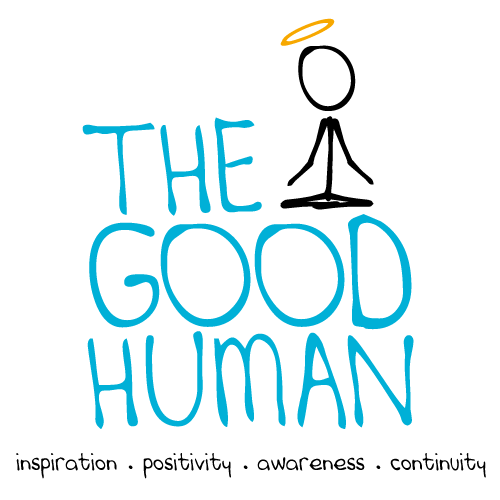The aging of a classic - An ode to 12 Angry Men
"One man is dead. Another man's life is at stake."
There's something about the old Hollywood movies I have always enjoyed. They spread a certain kind of vibe which I personally crave. Watching 12 angry men brings back that surreptitious nostalgia. There's poignant, methodical slowness, nuanced, demystifying plots, and impressive characterization.
The story is simple: Almost the entire film takes place in a jury room as 12 men debate the fate of a young boy charged with murdering his father. A group of people meets who have not known each other before. The film merely signifies a single case but offers more of a cumulative feeling: an old-world emotion and distinct sound; sensory evidence of the fact that some democratic civilization existed before we were born. We didn't see those days but always sensed them through books and entertainment. The film never thrills like Alfred Hitchcock's Psycho, nor does it provokes like Haper Lee's 'To Kill a Mockingbird.' The beauty of Sidney Lumet's debut does not lie in what it pictorially presents but what it gracefully conveys without indulging in anything remotely fanciful. There are no excessively merry scenes or disturbingly grieving scenarios. Still, the movie is a drama in its truest form. Anyone can watch and relish it - from a 5th-grade kid (maybe for his literature project) to a 70-year-old man (maybe to appreciate its timeless dialogues).
There's a wide-angle shot at the movie's start where jurors appear in the open room, thinking of finishing off the everyday business. The camera goes behind them, obeying their piffling conversations, and densely focuses on each one of them with ambiguous rage. It travels swiftly around the legal ukase, "beyond a reasonable doubt." As the camera angles get vertically lower, the room tends to seem smaller. The background appears to close in on characters until all say 'Not Guilty,' and in the end, comes again a satisfying wide-angle shot allowing the audience a salvageable breath.
After the movie, I find myself thinking about the people within the Jurors: their jobs, their prejudices, their families, and their inducible fate of becoming a jury. Beneath the legal veil of justice carnival, these men had suppressed souls yearning to engage and express themselves. With the film, they become both our escape and our reckoning. We bestow upon them the responsibility to elevate and disappoint us. We feel the enabler of one story can be the protagonist of the other. One can be a restless banjara, and the other can be a generous saint.
When such classics feature, we unconsciously place upon them the burden of teaching us something. There are many subtle intricacies in the movie to explore upon. Yet, as it is said, what we choose to derive from art is a reflection of who we are. It need not be what the creator intends to convey. As much as we love to delve into a story, good stories delve into us. They understand us and, in exceptional cases, help us understand ourselves. They permeate across us with personalized remarks, assuring us that our worldview, our private "takeback" from a vast narrative - is not lesser or greater. It's just that: ours. And it's valid.
Even at the movie's end, we don't get to know the actual killer. Thus, to me, the film was not about justice or guilt. Perhaps, the more prominent theme it underlies is human decency, human society. Watching in 2021, it reflects as a soft reminder that 'we don't need Heroes, just the people with good conscience and ideas to practice upon.'



Comments
Post a Comment